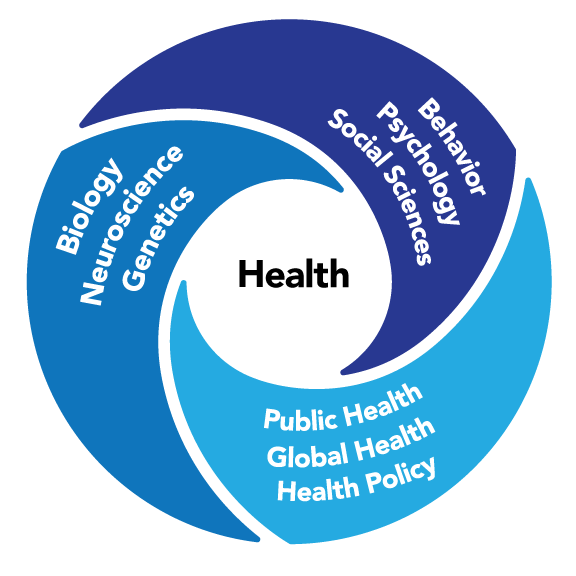-
About
ExploreUp a level (this gets replaced in JS)
-
Getting Started
Explore
-
Commitment to Diversity
Explore
-
Expertise
Explore
-
Strategic Plan
Explore
- Discover BBH
- Visit and Apply
- Contact
- Donate
-
Getting Started
-
Undergraduate
ExploreUp a level (this gets replaced in JS)
-
Getting Started
Explore
-
Student Support
Explore
-
Get Involved
Explore
-
Get Connected
Explore
-
Gain Experience
Explore
-
Diversity and Inclusion
Explore
-
Alumni Engagement
Explore
- Discover BBH
- News and Events
- Visit and Apply
- Contact
-
Getting Started
-
Graduate
ExploreUp a level (this gets replaced in JS)
-
Getting Started
Explore
-
Next Steps
Explore
-
Get Involved
Explore
-
Gain Experience
Explore
-
Diversity and Inclusion
Explore
-
Alumni Engagement
Explore
-
Visit and Apply
Explore
- Discover BBH
- News and Events
- Graduate Admissions
- Contact
-
Getting Started
-
Research
ExploreUp a level (this gets replaced in JS)
-
Ongoing Research
Explore
-
Resources
Explore
-
Get Started
Explore
-
BBH Affiliates
Explore
- Discover BBH
- News and Events
- HHD Research
- Contact
-
Ongoing Research
-
Alumni
Explore
-
Outreach
Explore
-
Contact
ExploreUp a level (this gets replaced in JS)
-
BBH Contacts
Explore
-
College Contacts
Explore
- Discover BBH
- News and Events
- Visit and Apply
-
BBH Contacts
-
Departments
Explore
-
Research Centers
Explore
-
Central Administration
Explore
-
Training and Support
Explore
- Contacts/Directory
Biobehavioral Health Graduate Program

Our innovative, dynamic, and interdisciplinary in-person PhD program examines the intersection of biological, psychological, social, environmental, and cultural influences on health and disease throughout the lifespan.
Our department is based on the strong belief that an integrative approach to health research and health care holds the greatest potential for advancing health. Thus, we do not have separate ‘tracks’ in our department, which sets us apart from other programs and facilitates student learning towards an integrative understanding of health.
Training Overview
Our students receive training in the following areas:
- How biological and physiological processes (e.g., within behavioral neuroscience, neuropharmacology, psychoneuroimmunology, behavioral endocrinology, genetics) relate to health.
- How psychological and behavioral processes relate to health (e.g., cognitions, emotions, individual differences, specific health behaviors).
- Public health and policy consideration (e.g., global health, health promotion, and socio-cultural dynamics, environmental factors, health disparities, ethics).
- Statistics and research methods.
Most of our students complete the required coursework in the first two years and subsequently focus heavily on research.

- Biology/physiological processes as they relate to health (e.g., behavioral neuroscience, neuropharmacology, psychoneuroimmunology, behavioral endocrinology, genetics, physiology)
- Psychological/behavioral processes as they relate to health (e.g., health psychology; behavioral medicine; including the roles of cognitions, emotions, individual differences, specific health behaviors)
- Public health policy (e.g., global health; health promotion; including the role of socio-cultural dynamics, ethics, and environmental factors as they relate to health and health policy)
Students are admitted to work with one particular faculty member as their primary mentor. We do not follow dual mentorship or lab rotation models. That said, our department and faculty are highly collaborative and it is common for students and faculty to work together on specific research projects across labs. In fact, one of the great features of our program is that our faculty and graduate students are engaged in cutting-edge science in all of these areas in the same department. Much of our work is also relevant to addressing issues related to health disparities; BBH values diversity and views it as a critical factor in understanding health disparities and advancing both equality and health.
